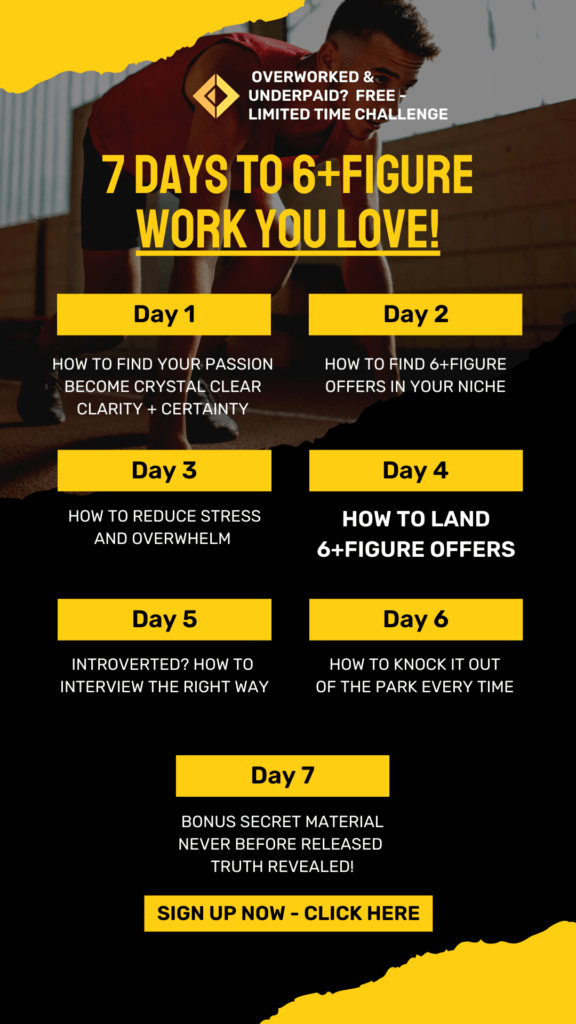A marketing video or an instructional video? What is the difference and how to create an effective product video? There is a certain misconception when it comes to online video marketing: many believe there are two distinct types of videos: on one hand there are marketing videos, and on the other instructional or how-to videos. In fact every product video, no matter how instructional in nature, is a marketing video. Not every marketing video, however, is instructional – there are plenty of pure commercials. However, what is happening right now is a definite shift towards education based marketing, and away from “in-your-face” or what is also called “interruption based marketing”. People are less and less tolerant when it comes to video commercials online. Unlike banners and text ads, video ads are harder to ignore especially when they are played as a pre-roll before you can see the actual video. A lot of us would rather pay for a subscription service than have to sit through pre-roll ads. If there is one thing I love doing it is clicking off when I see a pre-roll video ad.
So let’s talk about how to successfully create an education based product video that will serve as an effective marketing tool.
First of all you need to communicate to the audience that the video will contain valuable instructions. If you do not re-assure the viewers right away, they might tune out immediately, fearing that they will simply be subjected to another annoying commercial. If your video is delivered in a player that allows you to enter chapters, then you don’t need to worry – the viewers will immediately scan the titles and see that there are chapters that cover some specific how-to aspects. If they cannot immediately see visually what will be covered, it is a good idea to include a brief description that tells them what to expect. You can do it right in the video itself, during your opening statement, or as a written description.
Once you have re-assured the viewer that the video is in fact not a pure commercial, we need to address the key issue of how to approach the video itself, and how to structure it, so that it is in fact an education based marketing piece that will help both, the consumer who is looking for information, and the company that needs to communicate the value proposition of its product and promote its brand.
Ideally we want to separate the video into easily accessible parts/chapters so that the viewers can access any of them based on what they need at the moment. You have to remember that viewers have different levels of awareness about your product or company: some of them are already well aware of your product or brand and only need to access specific information or instructions, while others need to learn more about the product or your company before they can appreciate the how-to elements you are providing them with.
There will be specific segments in your education based video and these segments can be done as separate chapters/videos or as one continuous piece if that’s your only option. That’s where you will be balancing between the marketing messages and the how-to educational parts.
Start with a short overview of your product, and make sure to communicate clearly what the product is, who can use it and why – this is your value proposition. This is where the temptation to plug in a commercial is the strongest. As much as you can try to stay away from an obvious sales pitch. It doesn’t mean you cannot use some great graphics or animations. By all means use them, but make sure the message is clear, and it is the product and its value to the consumer that take the center stage, not the fancy graphics and the spinning 3D logos.
In the next step you want to briefly outline the key features of the product, and what sets it apart. This is where you have a chance to go into more detail and really focus on the differentiating features. A great way to do it is to show the viewers what comes in the box for example, or show the main parts and functions of the product. As you list the parts or functions you are educating the viewer about your product, engaging them, and allowing them to imagine how they will be using the product themselves. At the same time you are taking your time to explain why each part or function is so great – you are elaborating on your value proposition. Your video now acts essentially like a good salesperson at the store who has already told the consumer what the product is, and will now show them the product in detail, turn it around, let them “explore it” and get a better feel for it. At this point the viewer is interested, but has more questions and they need to be answered.
Finally, you will move on to the main part of the video – the demonstration part. This is what most people think of when they talk about instructional videos. From a marketing perspective though, this is a chance to provide the customer with a demonstrative validation, and re-assure the customer that the product is easy to use, the product does what it promises to do, and the customer can follow your instructions and start using the product as soon as possible. Here is where you want to make sure that you give the viewers what you promised them – not a commercial, but an educational/instructional piece. The more detail you can provide the better. Keep in mind that while in your own mind you might be focusing only on selling the product, the benefit of the detailed instructions are in that the viewer will be able to access the video later, after the purchase, and it is a great way to prevent unnecessary product returns.
Not every product can be explained in a couple of minutes. If you can, offer additional instructions, additional videos to support the customer. This not only helps the consumer who already purchased the product, but it helps you sell the product in the first place – any time there is any doubt in consumers mind, they will always choose a product that comes with a better customer support. Just look at Apple’s brilliant strategy of offering free classes to help people not familiar with computers get started and learn how to use any Apple product, from a Mac computer to an iPhone or an iPad.
So at the end what is the right balance? While it is very subjective, the key to successfully using education based marketing, and creating effective product videos are in paying attention to the following:
- Tell the viewers from the start what you will cover in your video, and what depth of instructions they can expect. It is ok if you cannot cover all the aspects of how to use your product, but be honest and don’t promise what you cannot deliver.
- Make sure to deliver the educational component by addressing all the key issues that a viewer might have about your product:
- What is the product? Who can use it? And why? (Value proposition)
- What are the key features and functions of your product? What are the available options, sizes, colors, materials? Why are these features important? (Differentiation features)
- How can someone use this product? Is it easy to use? What are the steps? (Demonstrative validation)
- Take your time to communicate these elements and cover them in detail. Everything we mentioned above can be communicated in a 10 sec commercial, but it doesn’t make that commercial an education based video. A commercial is designed to hit you with a sales pitch and entice you to enter your credit card number and place your order before you had a chance to think. Education based videos are designed to establish a relationship with a viewer and earn their trust by providing them with real information.
- Tone it down! Be more conversational. Think about how Warren Buffet delivers his speeches – he is telling you things, not selling you things.
- Cut, cut, cut! Go back and cut out the pieces that make your video sound like a Billy Mays commercial, or parts that are superficial and do not add any real value. If you have your company logo spinning for more than 3 sec, you might want to take a deep breath and shorten it (even if you spend a lot of money on that 3D animation)
- Step back and watch your video. If it looks like a commercial, sounds like a commercial and feels like a commercial… – it is a commercial. Don’t fool yourself. It is sometimes very hard not to make your videos look like a commercial – we are so familiar with commercials, and we are so afraid of not doing what other companies are doing, afraid of not looking as polished as other companies.
The truth is that while we might hate commercials in general, we love our own commercials… Everyone wants their product to look its best. There is also a push from the marketing departments who are very good at making… commercials – they know how to make them and feel comfortable being in their element…
It will not happen overnight. There will be a gradual transition to education based marketing when it comes to product videos, but don’t wait to start that transition in your own company. Most companies are already implementing education based marketing. They have seen the writing on the wall. If you need any proof – look at Apple and their extensive network of how-to classes as well as online how-to tutorials designed to capture the hearts and minds, and extend their reach.
Laura Beken, co-founder of HandBookLive.com – a consumer portal where companies post their product and service video guides in a standardized format that helps consumers learn about products and services. http://www.HandBookLive.com
Author: Laura Beken
Article Source: EzineArticles.com
PCB stencil online quote


